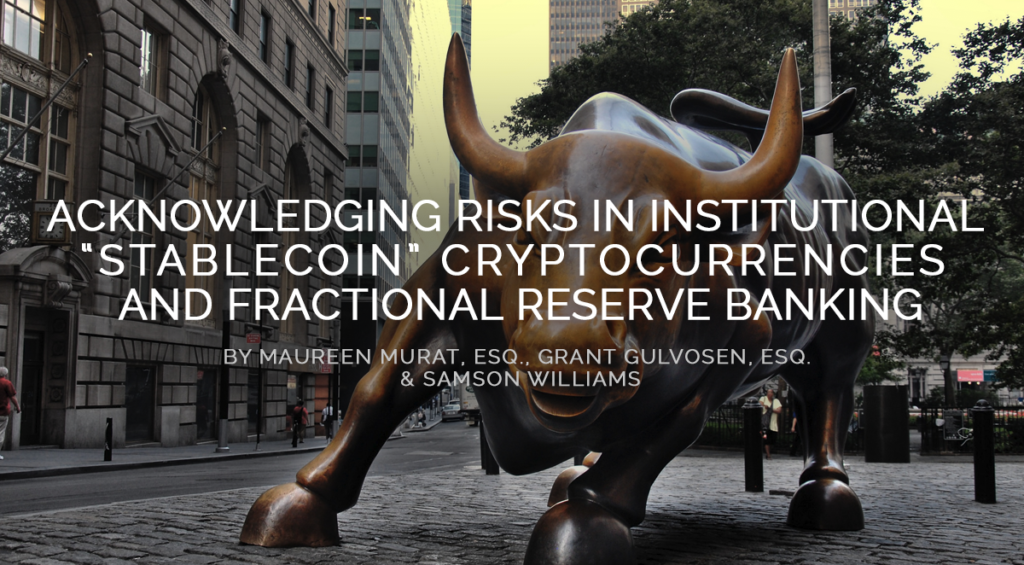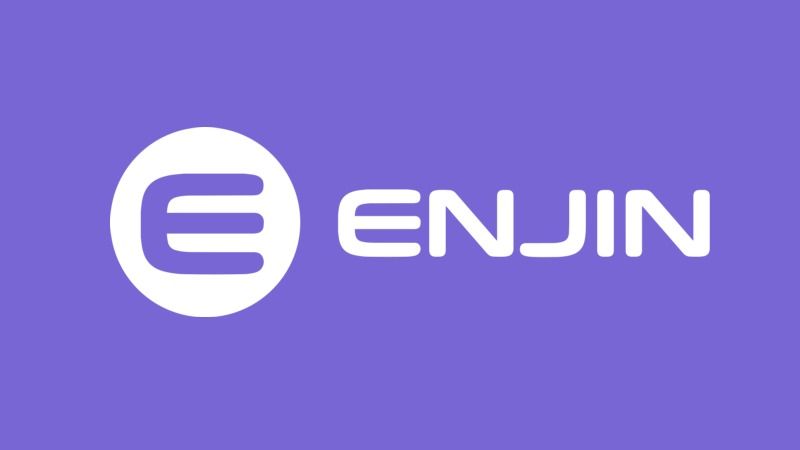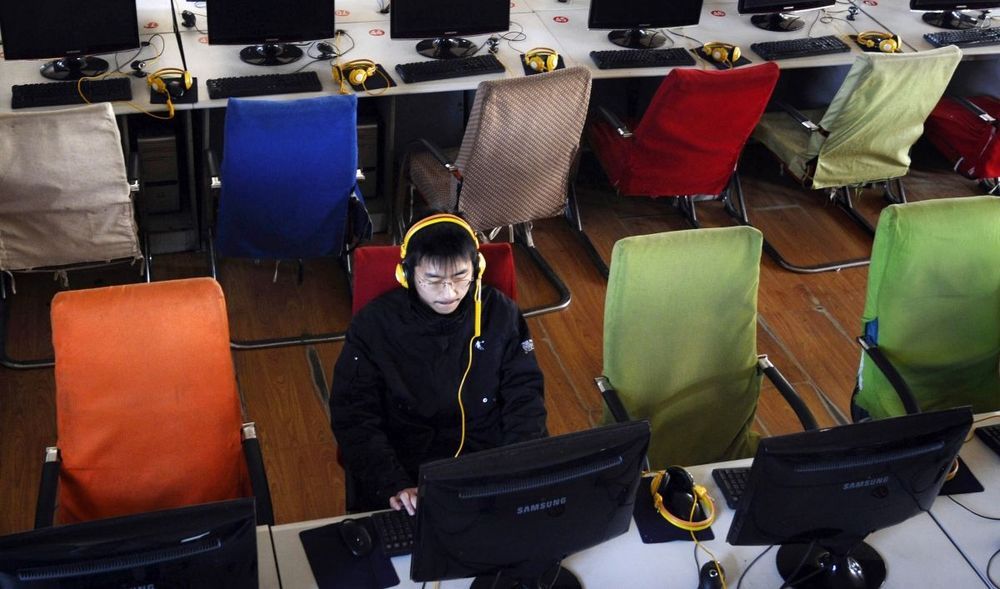(Originally posted March 7, 2019, on the Crowdfunding Professional Association’s website.)
The purpose of this memo is two-fold:
- To highlight the possibility of risks to banking and finance sectors arising from new financial instruments based on blockchain technology; primarily from novel financial accounting methods and products called “stablecoins,” digital tokens, and cryptocurrencies.
- To encourage regulators and policymakers to engage blockchain thought leaders, product developers and the community in general to better understand the economic and policy implications of public, private and permissioned blockchains; their application to banking and finance regulations; and how innovation may be encouraged in a safe, sound and responsible manner.
Like any technology, blockchain can and may be used to improve a variety of operational, identity, security and technology challenges that the future of digital banking, business and society face. Blockchain technology is also poised to create new and increasingly clever methods and economies for value, commodities, assets, securities and a slew of yet-to-be discovered financial instruments and products. However, no leap in technology and finance is ever made without risk. As policymakers and stewards of the current and future digital economy and ecosystem, we have an obligation to our constituents and the global banking and finance community to guide the growth and adoption of emerging fintech technology in a safe and sound manner.
To that end, three areas that have the potential for regulatory and compliance issues as companies such as JP Morgan Chase, embrace and develop blockchain technologies to leverage digital tokens, cryptocurrencies and novel accounting systems such as the so called “JPMCoin,” are highlighted:
Stablecoin — The industry needs a common definition. There is presently not an industry definition of a stablecoin, digital token, or cryptocurrency. Before it is even possible for governmental agencies to draft useful regulations the industry must come up with common definitions. We believe that establishing a common definition is an important step to growing a rich and innovative framework and sandboxes for not only novel blockchain applications but other emerging fintech technologies.
Fractional Reserve Banking and Stablecoins — How will cryptocurrencies, digital tokens and stablecoins be treated in an ecosystem of fractional reserve banking? Much like the introduction of collateralized debt obligations, synthetic credit default options and other novel, complex financial instruments, the introduction of institutional “stablecoins” and digital tokens may present hereunto unknown risk. As technology evolves to facilitate machine learning, artificial intelligence, high speed frequency trading and novel blockchain applications such as “stablecoins,” careful consideration should be given to how these blockchain applications (and other emerging technology) may unintentionally encourage risky behavior that creates systemic financial risk and operational risk that undermines confidence in markets.
Operational Safety & Soundness — The creation of institutional stablecoins, digital tokens and cryptocurrencies poises new financial safety and compliance questions. From the basic, “How is the value of these stablecoins determined?” to: “What are the standards for digital token custody?”. To the more complex questions of: “Can the terms stablecoin, digital token and cryptocurrency be used interchangeably?” to: “How will these instruments be reflected on company balance sheets, managed day-to-day in accounting systems and taxed?”
Conclusion
Emerging technology such as blockchain promises great leaps in operations, transparency and accountability. However, as we prepare to leap headlong into these technologies we should also consider where we will land.
We encourage regulators and policymakers to engage banking, technology and compliance leaders to better understand the implications of private-permissioned decentralized ledger technology (aka blockchain) and what steps we can take now to encourage and enable innovation, while also landing safely in the future of banking, finance and an electronic cash-less ecosystem.
Authors:
Grant Gulovsen, Esq., Attorney at Law, Gulovsen Law Office, [email protected]
Maureen Murat, Esq., Of Counsel, Cogent Law Group, [email protected]
Samson Williams, Adjunct Professor, UNH School of Law, [email protected]
Supporters:
Wesley Williams, Attorney at Law & Consultant
Olta Andoni, Esq, Attorney and Adjunct Professor at Chicago-Kent College of Law
Roxana Nasoi, Co-Host, The CryptoLawPodcast
Crowdfunding Professional Association Legislative & Regulatory Affairs division










